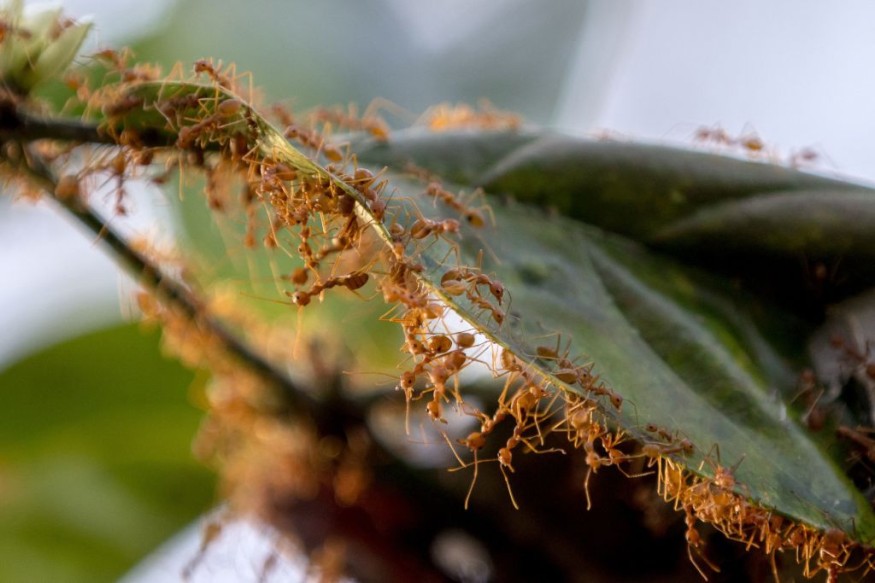Invasive foreign ant species called leaf-litter ants are taking over native ants across all regions of Florida, according to a new study led by scientists in the United States.
The new research highlighted the groundbreaking discovery that the invasive ant population in the Sunshine State is increasing while its local counterparts are declining, based on decades-long data from museum collections and surveys.
Reports said that researchers are concerned with regard to threat posed by leaf-litter ants not only to the declining native ant population but also to local ecosystems across Florida.
Furthermore, the invasive ants could also disrupt the natural food chain and leave native ants without food.
Their presence alone also endangers local ant colonies in the state.
The exact origin of the notorious ant species is not fully understood.
However, the research indicated the invasive foreign ants likely went on board along with global imports, which led them to gradually become the dominant ant species in the state.
Still, the danger of the invasive species could result in the deaths of different native ant species.
Invasive Foreign Ant Species

The study was published in the journal Current Biology on Friday, April 7, wherein researchers from the University of Illinois at Urbana Champaign which determined that Florida's leaf-litter ant communities changes over a 54- year period are documented.
The research also showed that nine out of 10 species that increased in population were introduced after showing signs of leaf-litter ant abundance from 1965 to 2019.
Science Daily cited non-native ants represented 30% of the 177 ground-dwelling species surveyed across other states throughout the years.
The research team determined the ants likely grew in dominance from southern Florida, where the non-native ants have increased from 43% to 73% in the past several decades.
Th team attributed the ant species' arrival due to goods being transported to Florida and from other parts of the world.
Many of the ants are small specialist predators like trap-jaw ants which are solitary hunters, according to the university's lead researcher and professor, Andrew Suarez.
The statement was made along with Douglas Booher, a research entomologist who works at the Department of Agriculture Forest Service and Corrie Moreau, a professor at Cornell University in New York.
Becoming Dominant Ant Species
The team involved in the study fear the decline in native ants could affect already threatened ecosystems in Florida, where the non-native leaf-litter ants are becoming the dominant species as a result of a "concerning trend," as cited by Fox News.
In particular, southeastern Florida ecosystems can be affected since some species of leaf-litter ants serve as seed spreaders and specialized predators to a number of small animals.
The study portrays a potential future where Florida ecosystems are dominated by the invasive foreign ant species, while native ant population continue to decline in significant number.
The prediction appears to be the case even if the current population of native ants are larger compared to their foreign counterparts in Florida.
Related Article: Invasive Yellow Crazy Ants Wreak Havoc in Multiple Villages in India
© 2025 NatureWorldNews.com All rights reserved. Do not reproduce without permission.





